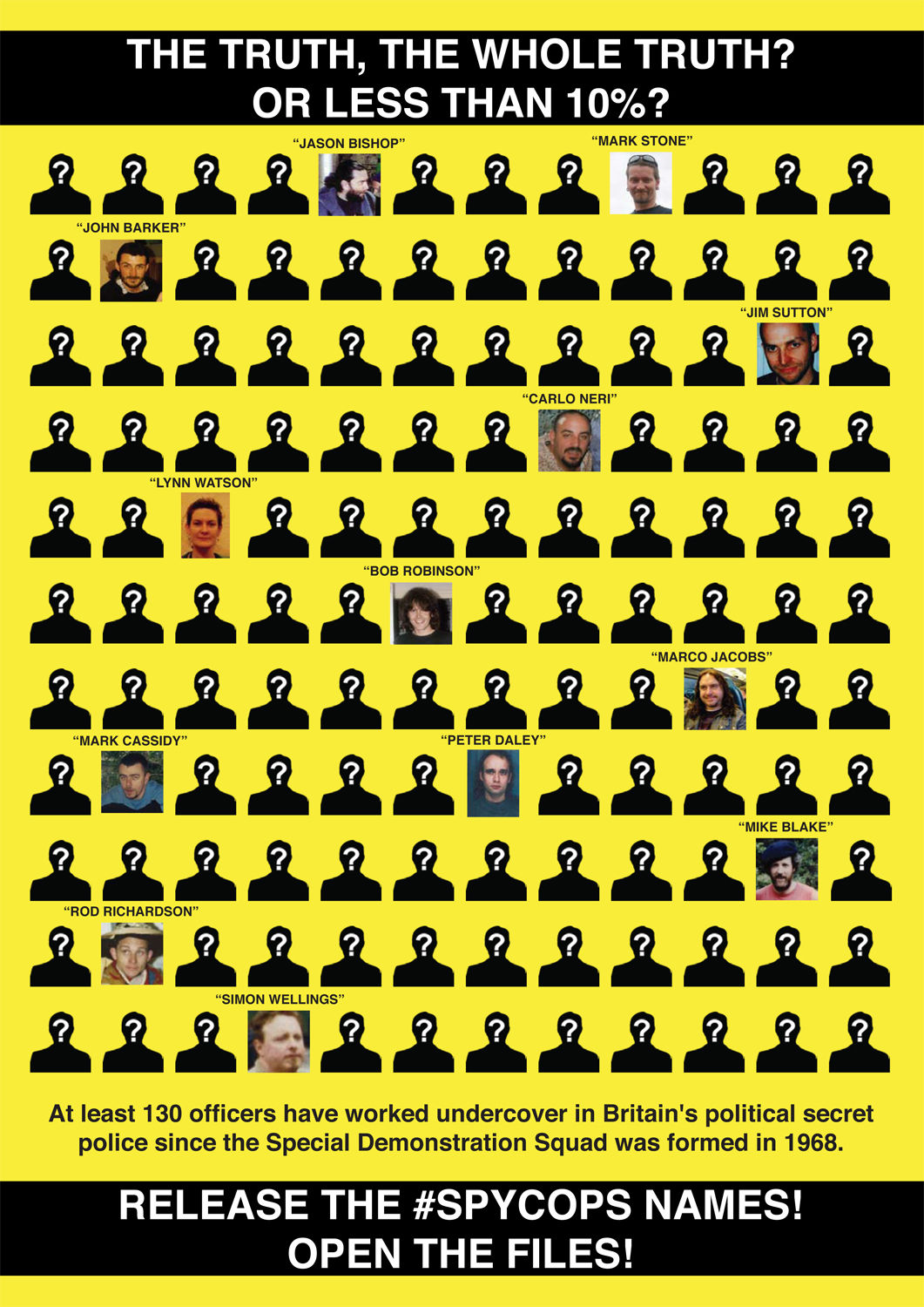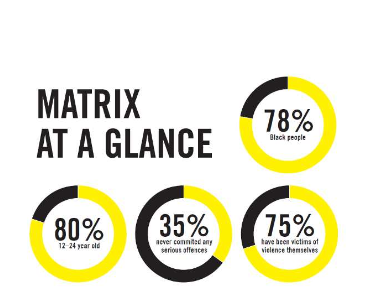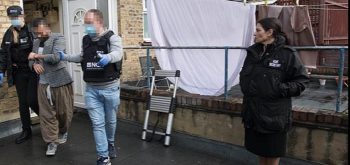The Covert Human Intelligence Source Bill which would regulate the conduct of MI5 and police informants could have a serious impact on human rights ‘permitting officials to secretly allow informants to commit crimes on British streets, with complete impunity’, warned a cross party group of MPs and peers.
Having passed its second reading last week, the Bill intends to introduce a statutory power for security and intelligence agencies to authorise undercover agents, known as Covert Human Intelligence Sources, to commit criminal offences for which they would enjoy full criminal and civil immunity. However, the Bill sanctions criminal activity not just in the pursuit of national security interests but also ‘in the interests of the economic well-being of the United Kingdom’. The scope of the Bill is further widened by the inclusion of authorities such as the Food Standards Agency and the Department of Health and Social Care in the list of bodies entitled to authorise the use of criminal conduct.
In a letter from Harriet Harman, chair of the Joint Committee on Human Rights, the group flags concerns ahead of the Bill’s thord reading on Thursday that the Bill provides no ban on the use of children as undercover agents and on kidnapping, torture and murder. The safeguard, the Home Office has assured, is the ceiling provided by the Human Rights Act (HRA). However, judicial review under the HRA, like the supervision by the Investigatory Powers Commissioner (IPC), offers the possibility of review after the potentially unlawfully authorised criminal act has been committed.
In view of these concerns, the group has asked Priti Patel why should agencies unconcerned with national security have the power to authorise criminal conduct; why doesn’t the Bill prohibit authorisation for children to commit criminal offences; why doesn’t it expressly prohibit the authorisation of kidnap, sexual assault, murder or torture; and what measures were in place to address any loss suffered by victims of the authorised crime?
Although the primary aim is to limit the extent of state-sanctioned human rights violations, the last question comes in the wake of the Bob Lambert case which showed the damage undercover officers can have on individuals and their families, even without explicit authorisation to engage in serious criminal conduct.
Closer scrutiny will need to be paid to the Government’s proposed review of the HRA; one of the only existing safeguards for the proposed legislation Bill which Harriet Harman argues ‘does not provide sufficient protection against the authorisation of unacceptable criminal conduct’.
‘The mere existence of the HRA does not provide sufficient protection against the authorisation of unacceptable criminal conduct. While the HRA is undoubtedly a vital protection for human rights, it cannot make up for the absence of clear and careful limits on intrusive powers exercisable by government agents. This is all the more so when dealing with covert powers that are not subject to regular accountability mechanisms.’
Harriet Harman to Priti Patel
Director of the human rights group Reprieve, Maya Foa, told the BBC: ‘Our intelligence agencies do a vital job in keeping this country safe, but there must be common sense limits on their agents’ activities, and we hope MPs will ensure these limits are written into the legislation.’







